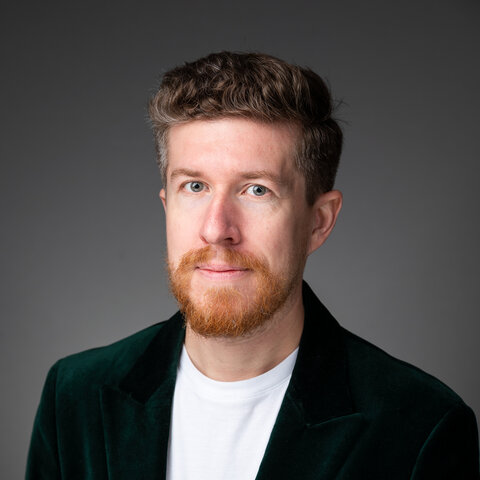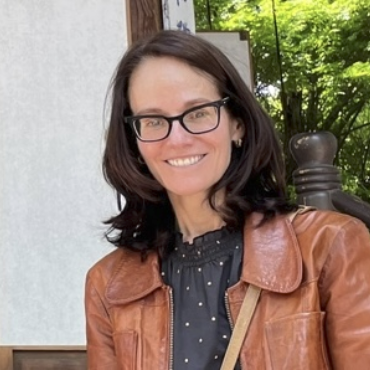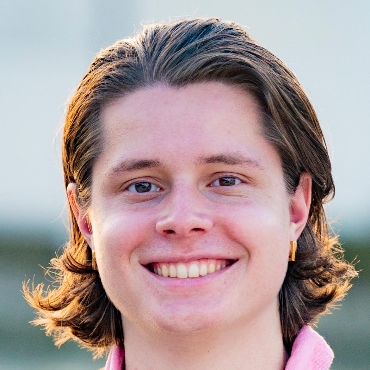“Artificial intelligence, to quote Phil Agre, 'is philosophy underneath'—in other words, all the important questions that emerge from today’s machine learning models are questions that the humanities have been addressing for centuries.”
read more from an interview with Co-Directors Fabian Offert and Rita Raley
Why humanities?
With the rise of large AI models trained by mining and extracting the cultural archive, almost all data is now cultural data. AI models are already writing history—we need to know what is being recorded, and how, and by whom. We believe that scholars in the humanities are particularly well-equipped to meet this new technological reality by leveraging their expertise in history, philosophy, politics, and cultural studies in service of a rigorous empirical analysis of machine learning techniques and implementations.
Why machine learning?
As the field of Critical AI starts to coalesce, the Center for the Humanities and Machine Learning seeks to move beyond analysis of artificial intelligence as a media discourse and instead foregrounds the actual techniques, models, and systems informing that discourse. We believe that the most productive critical work forgoes convenient abstractions and remains grounded in the specific technical-material practices of machine learning.
Why UCSB?
UC Santa Barbara already enjoys an internationally recognized profile in the Digital Humanities, making our campus a natural locus of next-generation humanistic work in the domain of artificial intelligence. The Center for the Humanities and Machine Learning facilitates and promotes diverse research from faculty across humanities and fine arts departments in areas such as machine vision, large language models, creative coding, and technological infrastructures.
Recent Publications
A Sign that Spells: Machinic Concepts and the Racial Politics of Generative AI
Fabian Offert and Thao Phan, Journal of Digital Social Research (2024)
AI and the University as a Service
Matthew Kirschenbaum and Rita Raley, PMLA (2024)
Critical AI: A Field in Formation
Rita Raley and Jennifer Rhee, American Literature (2023)
There Is a Digital Art History
Fabian Offert and Leonardo Impett, Visual Resources (2022)
Synthesizing Proteins on the Graphics Card: Protein Folding and the Limits of Critical AI Studies
Fabian Offert, Paul Kim, and Qiayu Cai, AI & Society (forthcoming)
On the Concept of History (in Foundation Models)
Fabian Offert, in Thinking With AI, ed. Hannes Bajohr (forthcoming from Open Humanities Press)
AI May Ruin the University as We Know It
Matthew Kirschenbaum and Rita Raley, The Chronicle of Higher Education (2024)
Borges and AI
Rita Raley and Russell Samolsky, Poetics Today (2024)
How to Do Things with Deep Learning Code
Minh Hua and Rita Raley, Digital Humanities Quarterly (2023)
Playing With Unicorns: AI Dungeon and Citizen NLP
Minh Hua and Rita Raley, Digital Humanities Quarterly (2020)
“It is our firm belief that the classroom has to become something like a counterweight to popular (mis)information about artificial intelligence... The students are eager to learn ways to look behind the scenes, and our pedagogies take this into account.”
read more from an interview with Co-Directors Fabian Offert and Rita Raley
HUML Team

Fabian Offert
Co-Director
Fabian Offert is Assistant Professor for the History and Theory of the Digital Humanities at UCSB, with affiliations in German, Media Arts and Technology, and Comparative Literature. His research and teaching focuses on the epistemology, aesthetics, and politics of artificial intelligence.

Rita Raley
Co-Director
Rita Raley is Professor of English at UCSB, with affiliations in Comparative Literature and Film and Media Studies. Her recent research and teaching focuses on critical AI, machine translation, and large language models, particularly GPT-2.

Owen Leonard
Graduate Researcher
Owen Leonard is a current PhD student in English at UCSB and a former software engineer. His research examines the history and practice of artificial intelligence and its relation to processes of cultural and linguistic development.


